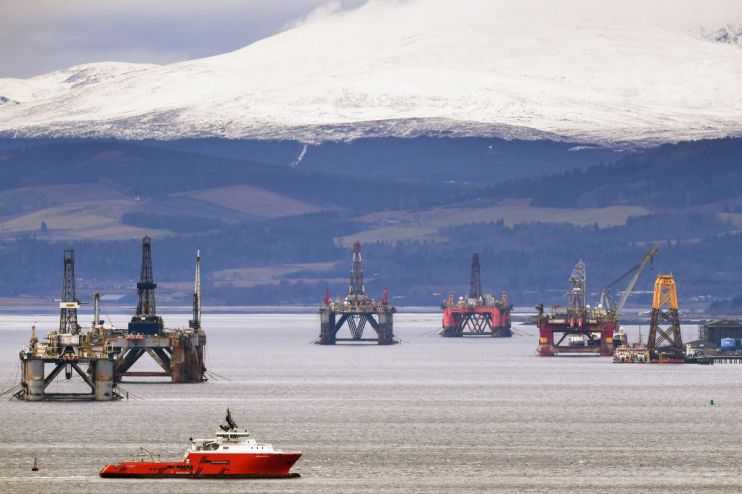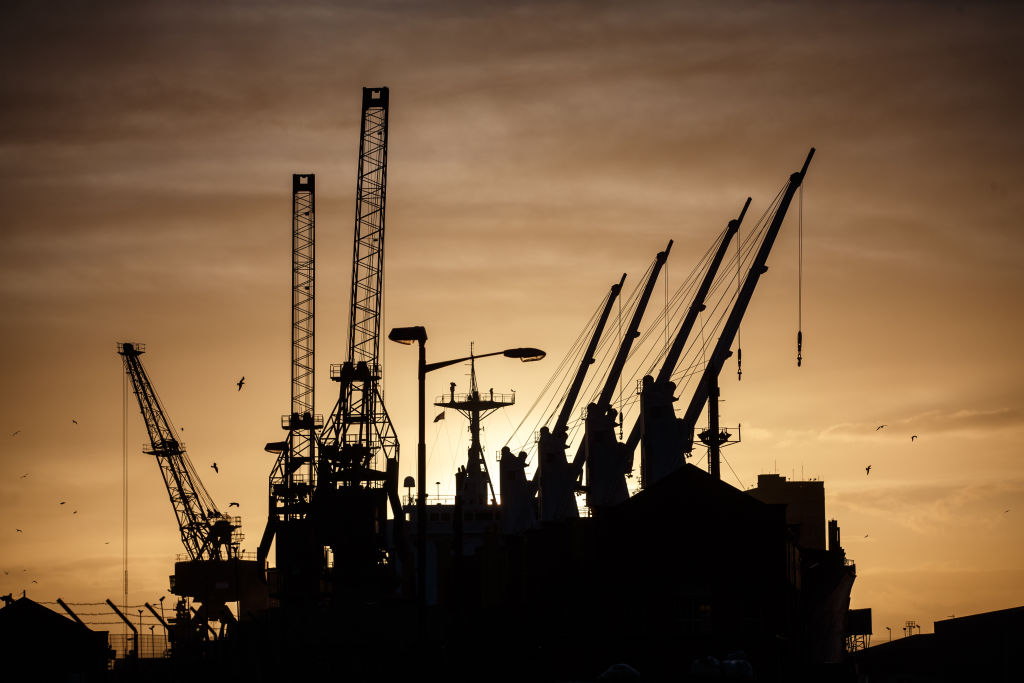Coronavirus: Is this the end for the North Sea oil industry?

For the last couple of months, the headlines coming out of the North Sea oil fields have made for pretty grim reading.
In the past decade or so, the industry, which employs around 150,000 people in the UK, has already been battered by two price implosions, in 2008 and 2013.
However, the hit it has taken from the coronavirus crisis, which has decimated oil demand and send prices tumbling to pre-millenium levels, makes them seem like minor hiccups.
Almost every element of the industry has been hammered by the crisis, with sector body Oil and Gas UK predicting that up to 30,000 jobs could be lost due to the crisis.
Capital investment in the basin, it said, would drop 30 per cent over the year, with the extreme price collapse making exploration and development activities simply unviable for many firms.
Earlier this week independent explorer Neptune Energy pulled out of a £230m deal to buy two new fields from Energean due to the historic volatility.
Meanwhile, struggling mid-cap Premier Oil is seeking a reduced price from BP for two fields it agreed to buy at the end of last year.
Perhaps most concerningly, a report published yesterday by Aberdeen university economists found that even if prices recovered to $45, up to 28 per cent of the remaining oil in the basin could remain unextracted.
With 10-20bn barrels of oil estimated to remain in the North Sea shelf, the basin remains a formidable resource, but with the question of energy transition also looming, some have suggested that the current crisis could be one too many for the fifty-year old industry.
Oil and Gas UK’s Ross Dornan said that although this was one of the “most severe downturns the industry had ever seen”, the basin still had “significant potential” for the explorers.
The key, he added, is “to make sure that we are as competitive as possible to vye for an increasingly constrained investment pool”:
“We need to make sure that the activity that has been deferred is not lost, and we can bring it back as quickly and as safely as possibly”.
A question of prices

First, prices need to rise. At $50, Dornan said, opportunities on the basin become “a much more attractive economic proposition”; the question is, will they get there?
Independent consultancy Rystad Energy are among those who think they will. Sonja Boodoo, Rystad’s vice president for upstream research, said that in their forecasts, prices would rise to $40 next year, but jump back to $70 in 2022 – prices they last touched in early January.
Boodoo echoed Dornan’s optimism, pointing to the role that smaller, independent firms have had in driving activity in the basin in recent years:
“When the majors were active here, the North Sea was in a competition with other, more lucrative areas for capital investment”, she explained.
“It was a bit tougher to get activity in the region when that was the case, but now the smaller companies such as Chrysaor are focused here, there’s more scope for getting activity going when prices pick up”.
Despite this, the basin will still have to compete with other regions, with production likely to be focused where the attached costs are lowest, such as Saudi Arabia, or the US Permian basin, the centre of the shale revolution.
Fortunately, both agreed, the UK’s fiscal regime is well positioned to support the industry.
For players on the UK continental shelf, tax payments correlate strongly with firm’s cash flow, meaning that companies could be in line for refunds this year, or at least minimal payments.
However, Dornan warned, if the industry’s upstream supply chain – the broad coalition of services, shipping and operations firms that forms the sector’s backbone – is not protected, the competitiveness of the sector could be seriously compromised.
Many of these firms, he added, came into the current crisis having not fully recovered from the previous crash, and have limited scope to absorb the reductions in expenditure now forced upon them.
In the longer term, these companies are critical to the sector’s goals to lead the way in the transition to a net zero economy, which remains a huge focus for OGUK.
Alongside cutting emissions from its own operations to zero, the sector is also leading the way in the development of Carbon Capture and Storage and hydrogen gas technologies, both of which are expected to be key to decarbonising the UK’s energy supply.
The scale of the challenge, Dornan admits, is not yet fully clear, but rumours of the basin’s demise have thus far been exaggerated.
“We know there’s significant resource potential yet to be had and significant opportunities to be invested in, but we need to make sure we’re as competitive as possible to achieve them”, he said:
“But it’s certainly not a death knell for industry”.